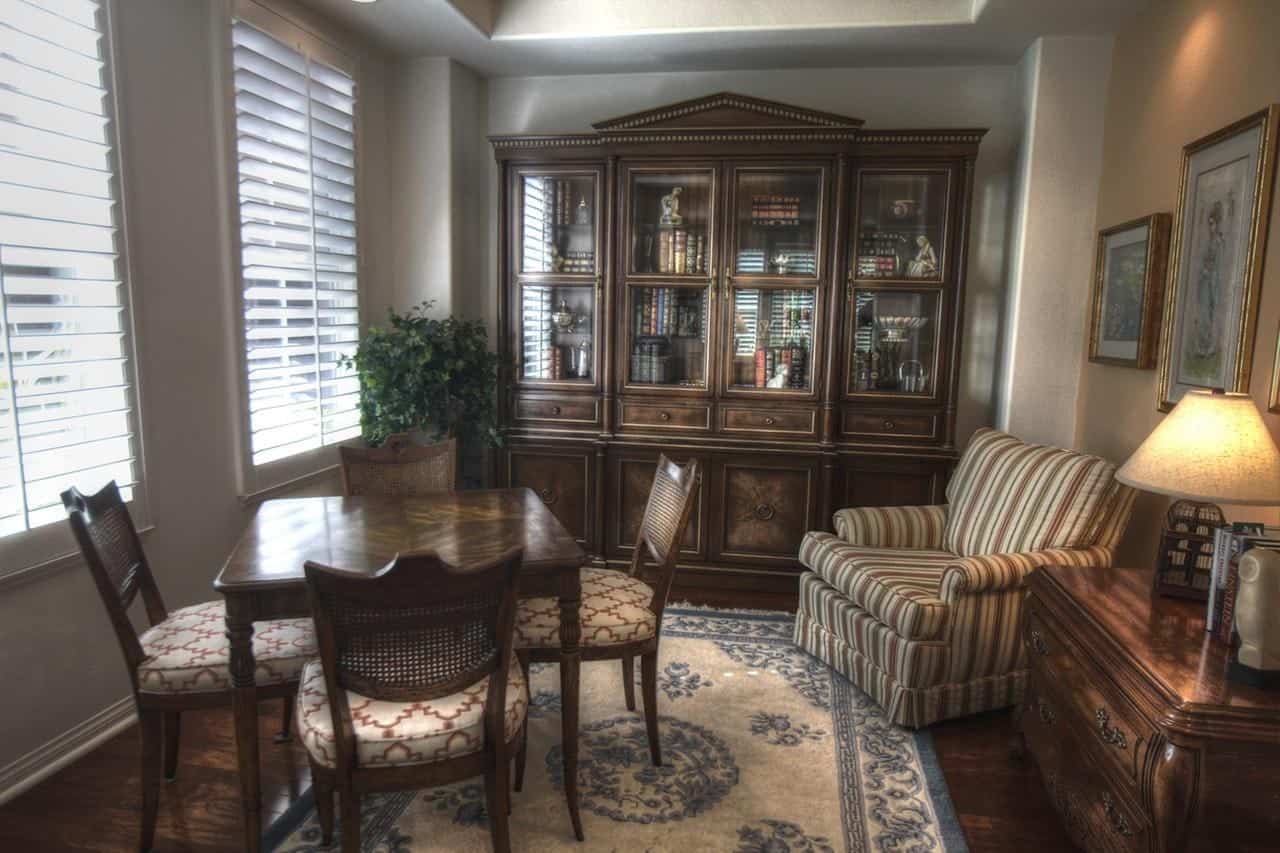There has always been a special charm about antiques. In the past century, people subscribed to modern minimalist design—a visual concept that values simplicity and functionality over intricate details and craftsmanship. And the elegance of heirloom pieces and antique goods gave their homes a minimalist appeal.


Minimalist design continues to charm homeowner’s today, prompting some to decorate their homes with antique furniture. The influence of the minimalist design trend has been so strong that people have started reviving things from the past, like film cameras, record players, cassette tapes, and the like.
But for all the appeal that antique pieces hold, some shy away from decorating their homes with period pieces because they carry a hefty price. Contrary to popular belief, antique furniture isn’t solely for the rich or eccentric. After a thorough assessment of the antique piece in question, you can determine its value and find out if it fits into your budget.
Here are a few reasons why you should consider choosing antique furniture for your next dream home project:
A few decades ago, antique furniture was a status symbol for the wealthy. People would buy these to decorate their grand homes. Now, e-commerce platforms like eBay and Amazon have made furniture shopping more convenient for antique furniture lovers. Their vast vintage item inventory has led to an increase in supply without an accompanying shift in demand. This means prices have gone down significantly compared to the past.
A report by Carbon Clear, a sustainability consultancy, shows that the carbon footprint for antique furniture is 16 times lower than the carbon footprint for newly manufactured furniture. On top of that, buying an antique piece would mean one less item sent to landfills and causing environmental damage. So purchasing antique furniture is one way you could help recycle.
Antique furniture used to belong to someone else. When you buy them, you’re also taking home its story. Wouldn’t it be so interesting to decorate your living space with furniture that once belonged at a pre-Civil War home or a deceased royalty? After all, objects from the past have sentimental value, and placing them in your home can make you feel like a real history buff.
Before the modern age, artisans took craftsmanship seriously. They labored day and night to create intricate and unique designs with love and care. Back then, craftsmen didn’t have the luxury of using automated equipment, so they made everything by hand. This tedious process led to top-quality furniture pieces. On top of that, getting mass-produced furniture feels less impressive than owning a rare period piece.
Trends change faster than you can say ‘trendy furniture’. But antique furniture is more than just a trend. Trends come and go, but classic design elements will always look good. Vintage designs, for instance, will never go out of style. On the other hand, modern furniture is more likely to fall out of the trending design list after gaining popularity.
Just because period pieces look great doesn’t mean you have to scrap modern decor altogether. These days, home decorators combine modern and antique design for contrast and depth. While this may sound chaotic at first glance, mixing modern and antique can create a sense of balance. Try pairing traditional tables with modern chairs for a dynamic dining room set-up. You can also mix vintage handmade rugs with modern coffee tables.
Craftsmanship may no longer hold the same importance and dedication as it once did in today’s world, but antique pieces still hold much appeal. Surprisingly, they’re affordable, well-made, eco-friendly, and timelessly beautiful. Your home will benefit from having a few of these on display.
This website uses cookies.